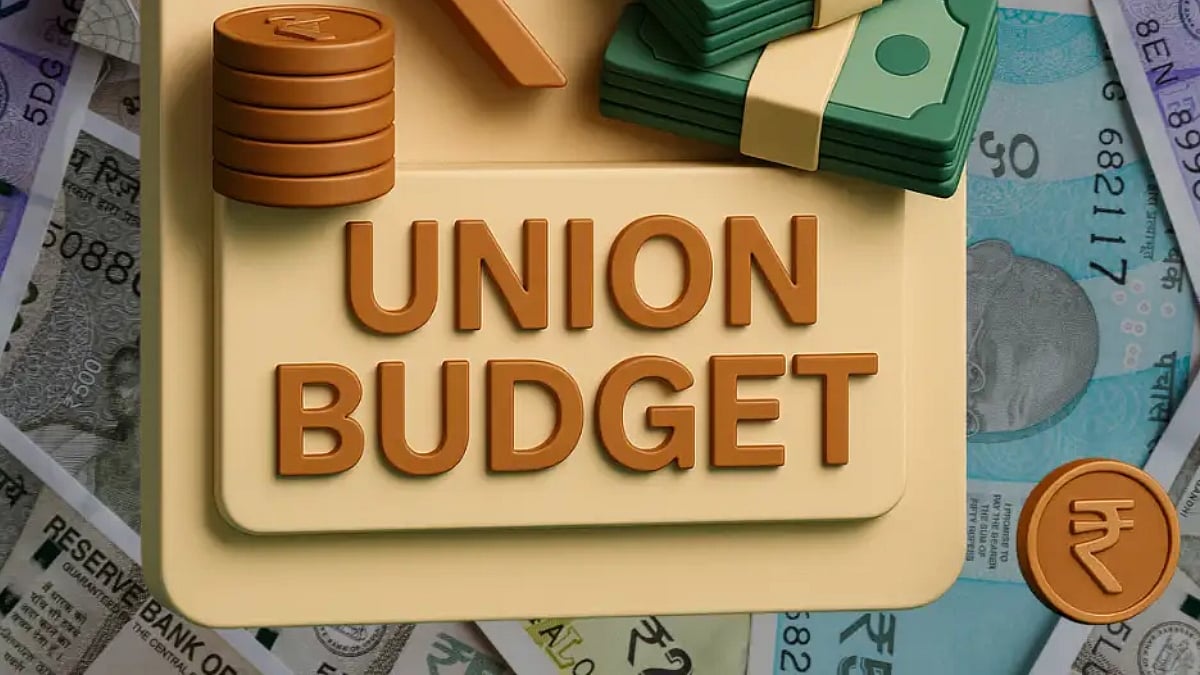The Assembly election results hold lessons both for the winners and the losers. How the losers introspect and draw lessons from the verdict, if at all they do, will eventually reflect on their performance in the next round of elections. But it is the winners whose conduct will immediately weigh on the quality of governance they would provide in their respective jurisdictions. So, let us begin with Jammu and Kashmir first. Undoubtedly, the Abdullah dynasty has bounced back in style, carrying with it the deadweight of its Congress partner. The latter faltered even with the National Conference support in the Hindu-majority Jammu region, winning a lone seat of the 29 it contested. In all, the Congress won six seats thanks to the transfer of Muslim votes owing to its NC alliance. The Congress Party barely pulled its weight behind its senior partner whereas the latter helped it win 6 seats, a face-saver of sorts. We emphasize the point only to assert that for the success of the Omar Abdullah government its Congress link ought not to come in the way as it seeks to establish a healthy working relationship with the BJP-led government at the Centre. Given the security sensitive situation in J&K, the next Abdullah government will necessarily have to rely on the Centre for ensuring normalcy in the Union Territory. Besides, a fairly long and successful run as chief minister of the UT government alone can persuade the Centre to deliver on its commitment to restore statehood to J&K. It will be in the mutual interest of both the J&K and central governments to create conducive conditions for the UT’s return to its pre-2019 status of a full-fledged State of the Indian Union. Once the popularly elected regime in Srinagar helps in strengthening that bond with the Union, restoring J&K’s statehood should not pose any problem. Omar Abdullah is experienced enough to appreciate the intricacies of running a security-sensitive UT. He should cooperate with the Modi government to achieve the common goal of integrating the troubled region into the larger mainstream. The Abdullahs are known to get along famously with the Centre while in power, though they tend to take a contrary line while in the Opposition. Also, unlike the AAP supremo Arvind Kejriwal, who has a habit of picking fights with anyone and everyone as part of a crafty strategy to shift blame for his own acts of omission and commission, Omar suffers from no such malady. He is expected to bat straight, and the Centre, on its part, especially given the vital security interests at stake in J&K, will refrain from bowling googlies and underarm deliveries. To begin with, one of the first acts which may test the new chief minister’s ability to cooperate with the Centre pertains to the nomination of five members to the Assembly as provided in the amendment which made Article 370 inoperative. Instead of harping on the restoration of Article 370, which will immediately set the new J&K government on a collision course with the Centre, the newly-elected chief minister would do well to work with and cooperate with the Centre in the larger interest of the people in J&K and in the rest of the country. As an election plank it was okay for the Abadullah to promise to restore Article 370, but it will be an affront to the Centre were he to as chief minister of J&K make that it an issue of contention with New Delhi. As far as the Centre is concerned Article 370 is dead as a dodo and it would never countenance its restoration, though restoring the statehood of J&K would remain on the cards as so doing would redound to the credit of the Centre as well as the Abdullah government. For that to happen, the J&K government will need to prove itself competent to enforce peace and order in J&K. The onus is on Abdullah, though he should be assured of the unstinted support and cooperation of the Centre.
As for Haryana, the BJP needs must avoid any temptation to replace the outgoing chief minister under whom it won a spectacular victory against all odds. Nayab Singh Saini in a short period has earned his spurs and needs to head the next government. Though delivering on a huge bouquet of promises will not be easy. As it is, in recent years the State’s finances have not been all that healthy what with the fiscal deficit rising and the capital outlay declining. The share of agriculture in its economy though still substantial is slowly yielding place to manufacturing and services. Gurugram, abutting the national capital, which birthed the automotive revolution in the country with the Maruti-Suzuki plant in the 80s, cries for a functioning civic body. Youth joblessness is another burning issue. Immediately, of course, the voters will expect the new BJP government to make good its promise to provide a monthly assistance of Rs 2,100 to women, scooties to women college students, and highly subsidised LPG cylinders to poor families. To rustle up funds for these freebies while pressing ahead with urgent development works could prove challenging for the new government unless it finds ways to boost revenue from higher productivity in industrial and service sectors. In a way, it can be tough to govern than to oppose since all that the latter entails is chanting “caste survey, no Agniveer, jalebi factory” and other such inanities.





